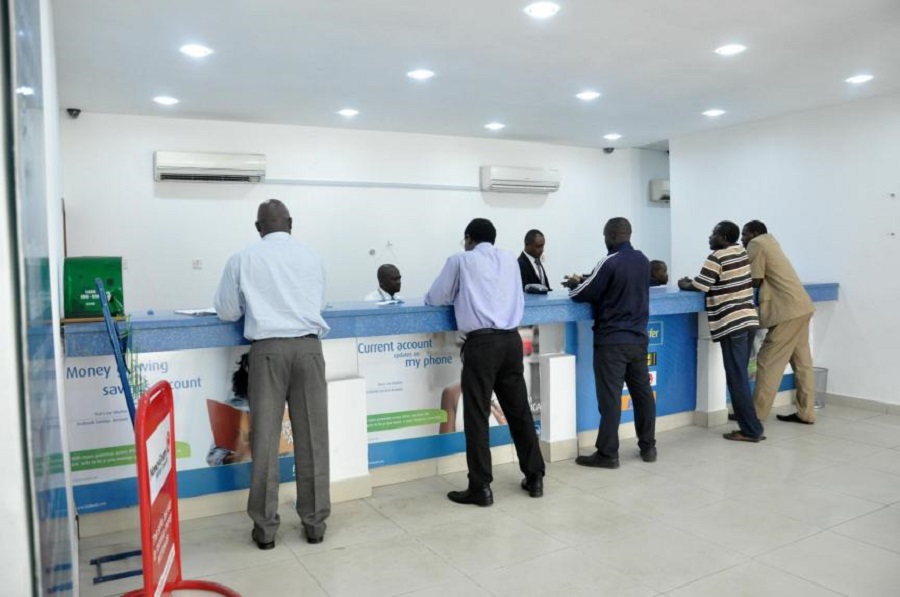Women currently comprise one in five of the total population of developers in Africa.
This is according to a recently released report, e-Conomy Africa 2020: Africa’s $180 billion Internet economy future.
The report also stated that there are nearly 700,000 professional developers across Africa, with more than 50% concentrated in 5 key African markets: Egypt, Kenya, Morocco, Nigeria, and South Africa.
In Africa, women comprise 21% of the total population of developers, whereas the percentage of women junior developers in the US is 15%. In Nigeria, there are over 85,000 developers, 18% of this being women.
While this number is still low, the growth of the ecosystem has begun creating many opportunities for women coders, especially in Egypt, Morocco, and South Africa.
However, the number of African developers is still small when compared with more mature ecosystems around the world. According to Evans Data, Latin America had 2,162,461 developers in 2019, with Brazil (573,400), Mexico (315,300), and Argentina (304,600) leading the region in total numbers. African developers skew very young, with junior developers making up a large portion of the developer base.
In African countries with smaller and more nascent developer populations, 43% of developers have only one to three years of experience, compared with 22% in the United States.
In a push to expand technology proficiency among Africa’s youth, after-school programs and coding classes are driving the growth in software development training. Moringa School, Gebeya, Semicolon, and Umuzi are examples of this new wave of education and training, which blends traditional learning with online, flexible learning, and boot camp-style experiences.
What’s the way forward for African developers?
A 2019 World Bank report estimated that most countries across the region have workforces severely lacking in digital skills; in fact, levels are only half that of the global average. South Africa, Nigeria, and Kenya outrank other countries in both the penetration rate and variety of digital skills.
As the ecosystem grows, it is crucial for entrepreneurs to develop soft skills that are vital to launching and managing a startup, such as leadership, communication, and project management. As startups expand into different countries and regions, there is also an increasing demand for employees who are able to navigate the cultural and linguistic differences across regional markets.
The immense potential of African developer talent is evidenced in organizations such as Andela, Gebeya, and Decagon. To help those with software development skills find employment, these companies upskill developers and match them with companies in Africa and around the world. As the demand for tech talent continues to accelerate, both the public and private sectors need to allocate more resources to cultivate and strengthen the workforce.
Tech talent in Africa is at a historical peak and continues to rise. The growth of the technology ecosystem, talent pool, and innovation hubs goes hand in hand with the rise of local developer talent.













